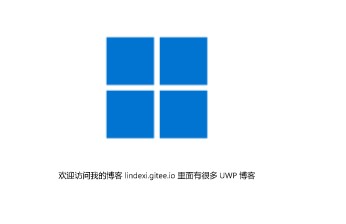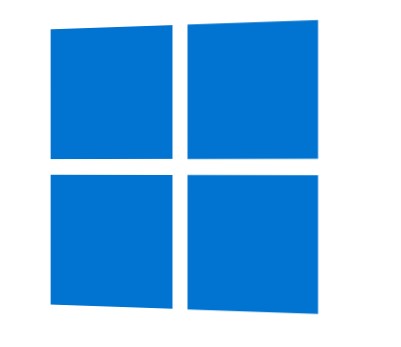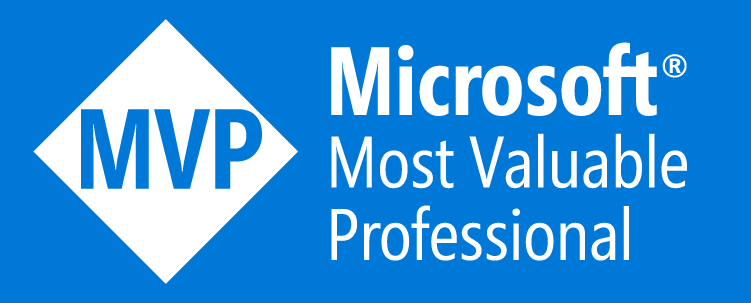在UWP可以通过 Matrix3DProjection 让元素显示出来的界面进行 3d 变换
在所有的 UIElement 都可以通过 Projection 属性,设置元素的投影,可以让 2d 的元素看起来和 在 3d 上的一样
例如在界面添加一个图片
<Image x:Name="Image" Source="Assets/Square150x150Logo.png" HorizontalAlignment="Center" VerticalAlignment="Center"></Image>
在后台代码让图片点击的时候,先下和向右移动 100 像素
public MainPage()
{
this.InitializeComponent();
Image.PointerPressed += Image_PointerPressed;
}
private void Image_PointerPressed(object sender, PointerRoutedEventArgs e)
{
Matrix3D m = new Matrix3D();
// This matrix simply translates the image 100 pixels
// down and 100 pixels right.
m.M11 = 1.0; m.M12 = 0.0; m.M13 = 0.0; m.M14 = 0.0;
m.M21 = 0.0; m.M22 = 1.0; m.M23 = 0.0; m.M24 = 0.0;
m.M31 = 0.0; m.M32 = 0.0; m.M33 = 1.0; m.M34 = 0.0;
m.M44 = 1.0;
m.OffsetX = 100;
m.OffsetY = 100;
m.OffsetZ = 0;
var m3dProjection = new Matrix3DProjection {ProjectionMatrix = m};
Image.Projection = m3dProjection;
}
从上面可以看到,在后台代码写的很多,如果在 xaml 写的代码就很少
<Image x:Name="Image" Source="Assets/Square150x150Logo.png" HorizontalAlignment="Center"
VerticalAlignment="Center">
<Image.Projection>
<Matrix3DProjection
ProjectionMatrix="001, 000, 0, 0,
000, 001, 0, 0,
000, 000, 1, 0,
100, 100, 0, 1" />
</Image.Projection>
</Image>
这里的代码和上面的后台代码点击的时候是一样的
现在来模仿做一个微软的图标,通过界面画出 2d 的微软图标
<Grid HorizontalAlignment="Center" VerticalAlignment="Center">
<StackPanel>
<StackPanel.Resources>
<Style TargetType="Border">
<Setter Property="BorderBrush" Value="Transparent" />
<Setter Property="BorderThickness" Value="5" />
<Setter Property="Background" Value="#0173d0" />
<Setter Property="Width" Value="100" />
<Setter Property="Height" Value="100" />
</Style>
</StackPanel.Resources>
<StackPanel Orientation="Horizontal">
<Border />
<Border />
</StackPanel>
<StackPanel Orientation="Horizontal">
<Border />
<Border />
</StackPanel>
</StackPanel>
</Grid>

想要做到下图的效果,只需要修改一点代码

在 Grid 添加 RotationY="20" 请看代码
<Grid HorizontalAlignment="Center" VerticalAlignment="Center">
<Grid.Projection>
<PlaneProjection RotationY="20" />
</Grid.Projection>
<StackPanel>
<StackPanel.Resources>
<Style TargetType="Border">
<Setter Property="BorderBrush" Value="Transparent" />
<Setter Property="BorderThickness" Value="5" />
<Setter Property="Background" Value="#0173d0" />
<Setter Property="Width" Value="100" />
<Setter Property="Height" Value="100" />
</Style>
</StackPanel.Resources>
<StackPanel Orientation="Horizontal">
<Border />
<Border />
</StackPanel>
<StackPanel Orientation="Horizontal">
<Border />
<Border />
</StackPanel>
</StackPanel>
</Grid>
这个方法使用的是比较简单的 PlaneProjection 方法,对于大部分开发已经满足,只有在复杂的需要,如矩阵变换的时候才需要使用 Matrix3DProjection 的方法
本文会经常更新,请阅读原文: https://blog.lindexi.com/post/win10-uwp-%E4%BD%BF%E7%94%A8-Matrix3DProjection-%E8%BF%9B%E8%A1%8C-3d-%E6%8A%95%E5%BD%B1.html ,以避免陈旧错误知识的误导,同时有更好的阅读体验。
如果你想持续阅读我的最新博客,请点击 RSS 订阅,推荐使用RSS Stalker订阅博客,或者收藏我的博客导航
 本作品采用
知识共享署名-非商业性使用-相同方式共享 4.0 国际许可协议
进行许可。欢迎转载、使用、重新发布,但务必保留文章署名林德熙(包含链接:
https://blog.lindexi.com
),不得用于商业目的,基于本文修改后的作品务必以相同的许可发布。如有任何疑问,请
与我联系
。
本作品采用
知识共享署名-非商业性使用-相同方式共享 4.0 国际许可协议
进行许可。欢迎转载、使用、重新发布,但务必保留文章署名林德熙(包含链接:
https://blog.lindexi.com
),不得用于商业目的,基于本文修改后的作品务必以相同的许可发布。如有任何疑问,请
与我联系
。
无盈利,不卖课,做纯粹的技术博客
以下是广告时间
推荐关注 Edi.Wang 的公众号

欢迎进入 Eleven 老师组建的 .NET 社区

以上广告全是友情推广,无盈利

